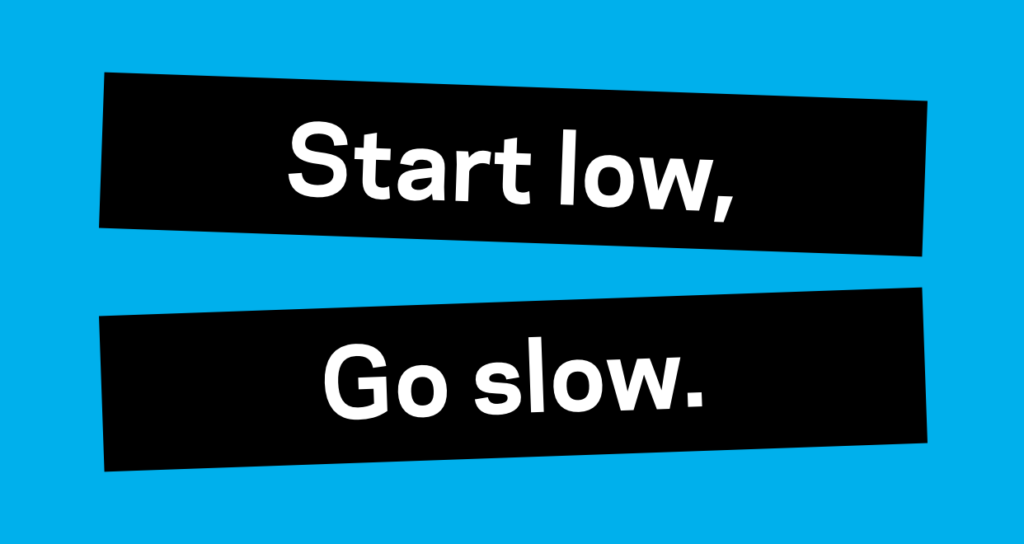This was originally written on my Publish0x page.
A crisis leads to crisis thinking. Countries all around the world have taken mass actions to minimize the immediate economic impact of the COVID-19 pandemic. However, these actions will result in long-term consequences that we may not be able to bear. Measures including significant wage subsidies, low-interest loans, and direct support for individual citizens are now in place; however, the inevitable tailspin is an emergent recession that could weaken traditional financial currencies and national economies.
Time to rethink our financial systems. There is a compelling case to be made in support of cryptocurrency. In fact, it is anticipated that millions of new investors will look to cryptocurrency as an investment and alternative to the markets. Cryptocurrency is still very elusive to the majority but having been involved in the space for 6 years, I have learned a few strategies that I would like to share. Now I would like to disclose I’m not a financial advisor, and this our my personal experience.
Start Slow

The options are almost limitless. There are thousands of types of coins available and several ways to invest, including through mining, initial coin offering (ICO), initial exchange offering (IEO), and trading, among others. Therefore, do your research before you start to ensure you know what to expect. It may take time to determine which option is best for you and your circumstances. Learn, experiment, and adapt as you go along.
Only Invest Money you are Willing to Lose.

No one invests to lose money; however, there is risk inherently involved. Cryptocurrencies are very volatile. One could see a 10 to 20% gain and then lose 50% in a matter of hours or even minutes. If you are risk-averse, cryptocurrencies may not be for you. Yet, if you are risk-tolerant, cryptocurrencies such a Bitcoin allow you to buy for as little as $5. You can start with a small investment every week and monitor activity and trends. It is not recommended to invest large amounts of money or to borrow to invest.
Ignore all the Noise

With the creation of social media, everyone talks like they are an “expert” on everything and anything. There is an overwhelming amount of information available online. Some are reliable and credible, but others are simply misleading or even predatory. For example, social media platforms have allowed for predatory practices to flourish and for easy dissemination of misinformation about alternative coins and new projects that simply are good ole Ponzi schemes.
The best way to learn about different options is to go directly to the source. Every crypto project has a white paper that provides a comprehensive overview. Finally, use your common sense. In 2017-2019 celebrities like Floyd Mayweather, Paris Hilton, and DJ Khaled were promoting Initial Coin Offerings (ICO’s). You would think that it is amazing that celebrities are getting into it, but you should also ask; What do they know about cryptocurrencies and blockchain?
Never Stop Learning

Cryptocurrencies are still new. Bitcoin, for example, is 10 years old and only started growing approximately 7-8 years ago. Others like Ethereum are still in their infancy, and several new projects and markets are being launched regularly, such as Decentralized Finance. Honestly, there is no limit, and the sector is prime for disruption.
Learning will be your greatest asset – be curious and read blogs such as Blockgeeks, CoinDesk, and Cointelegraph. Also, there are several free resources and courses available online for those interested. The more you learn, the better equipped you will be to make informed decisions. No one knows how a cryptocurrency will perform, but with patience and some wisdom, you may be able to make gains over time.
Cryptocurrencies may not be appropriate for everyone, but based on my personal experience, they can be a good option for those who are looking for an alternative to traditional markets. Start small, experiment, and adapt.



















Leave a Reply